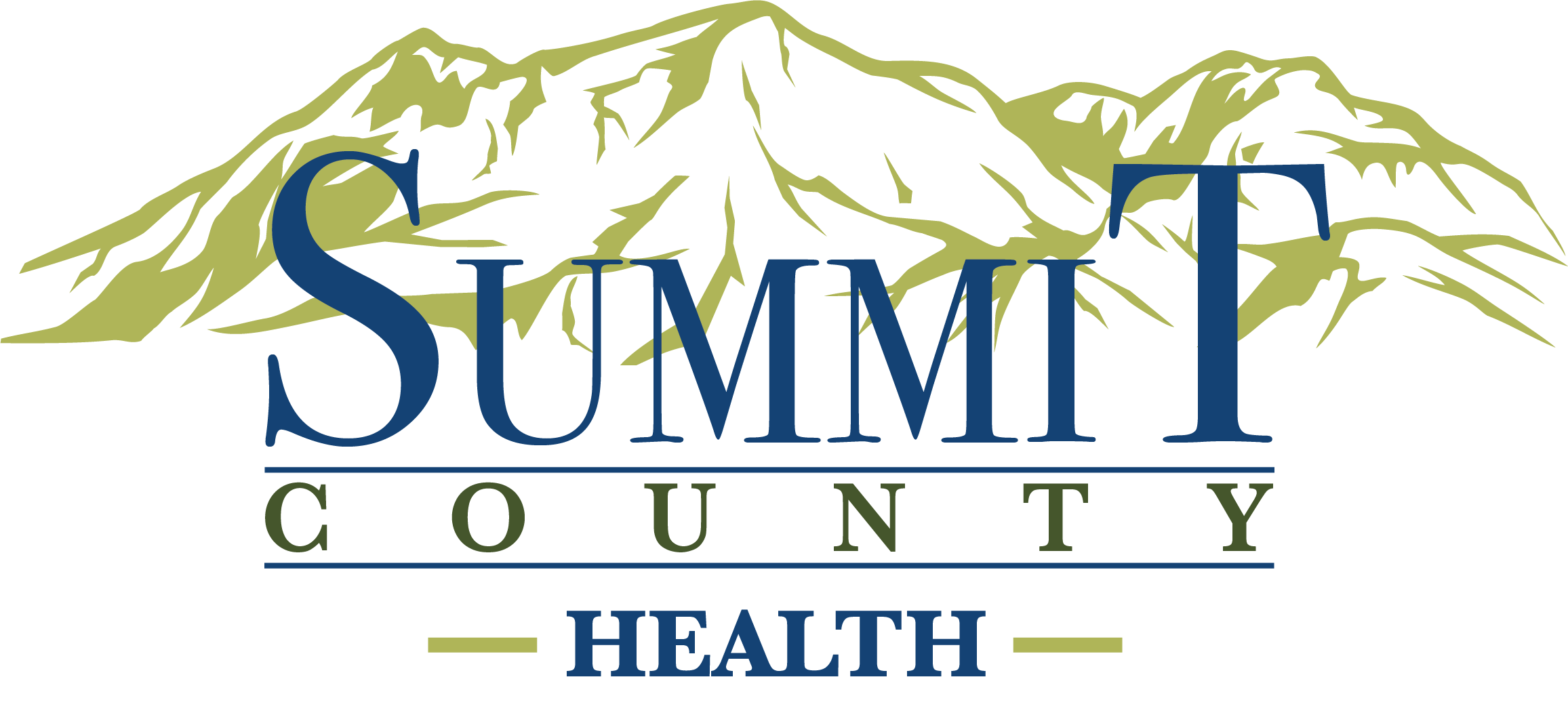Healthy Eating for Teen Athletes — eating for optimal performance
Why is healthy eating so important?
Teens need to meet their increased calorie and nutrient needs in order to gain and maintain lean body mass. They also need to boost their stamina and endurance as well as improve athletic performance.

Consequences of poor eating
If calorie and protein needs are not being met, there are several possible adverse outcomes. Some of those include:
- Fatigue and suboptimal performance
- Poor growth
- Loss of muscle mass and bone density
- Increased risk of illness, inflammation and injury
- Longer healing and recovery time
More information on nutrition and your young athlete:
What are the calorie and protein needs?
Calories: 18-25 calories per pound of body weight per day. High school athletes may need 2,000-5,000 total calories per day depending on weight.
Protein: about 0.5 grams of protein per pound of body weight per day.
For example:
An active 150 pound male between the ages of 14-18 would need:
2,700-3,750 calories each day and 75 grams of protein
It can be difficult to get adequate protein and calories during the average day. That is why it is important to eat and snack smart.
Choose healthier snacks:
- Low-fat chocolate milk
- Trail mix
- Pretzels dipped in peanut butter
- Fruit or nut bar
- Nuts, seeds or popcorn
- Greek yogurt
- A wrap or a sandwich with turkey and cheese
- Cottage cheese and fruit
- Greek yogurt
- String cheese
- Banana with peanut butter
Eat healthy meals:
Choose a protein with breakfast, lunch and dinner
Make half of your plate fruits and vegetables
• Eat more whole grains
• Avoid high fat, high sugar foods. These will contain excessive calories with low nutritional value.
Easy protein-containing meals:
• Bean Burrito: cheap and easy to make
• Egg Scramble: 2-3 whole eggs scrambled with a handful of chopped veggies and some shredded cheese.
• Nut Butter Boat: Try loading a few celery sticks with some nut butter topped with a few raisins.
• Deli Rollup: Top 2 slices of deli meat with 1 slice of cheese and a shake of pepper. Add a slice of tomato and lettuce for extra vegetable servings.
• Mini Bean-and-cheese Quesadilla: Fold black beans, salsa, and cheddar cheese in a small flour tortilla. Cook in a dry non-stick pan
Some thoughts about protein
While it is important to get adequate amounts of protein, there are a variety of protein sources to consider. Protein powder is convenient but it can be expensive and there is little regulation of the ingredients it may contain. Protein bars are also available. There are other portable alternatives that are healthy and inexpensive. Try peanut butter on whole wheat bread or two hard boiled eggs. Here is an example of how they all compare:
1 scoop protein powder with 1 cup Low-fat milk | 1 protein bar | Peanut butter on whole wheat bread | 2 hard-boiled eggs | |
| Cost | $1.00 | $1.00 | $0.50 | $0.30 |
| Grams of protein | 24 | 20 | 16 | 14 |
| Calories | 340 | 240 | 340 | 160 |
Pre and Post Workout Meals
There are 3 main points to remember for eating before and after workouts:
- Timing: Maximize nutrition without over-doing it.
- Carbohydrates: Provide energy.
- Protein: Helps repair and build muscle.
Pre-workout:
- Carbohydrates are key.
- Easy to digest carbs are best. Avoid raw sugar or candy which can cause a sugar rush and a crash while you are in mid-workout.
- Eat 30 minutes to 1 hour before workout begins.
- Smaller portions ensure your body isn’t too busy digesting food.
- Avoid fatty foods before working out.
- Fat leaves the stomach very slowly. This means you will feel full and sluggish and could cramp up easily.
Top 4 foods:
- Bananas
- Oats
- Whole grain bread
- Fruit smoothies
Post-workout
- Protein + carbohydrate
- Protein is necessary to repair muscle damage
- Carbohydrates refuel your body and encourage the protein to be used.
- Eat within 1 hour of your workout.
- Rehydrate and try to get a snack in to aid in recovery and keep your metabolism running.
Top 4 foods:
- Chocolate milk
- Peanut butter, tuna or hard boiled eggs on bread
- Turkey and crackers
- Greek yogurt and banana
Hydration
It is important to drink plenty of water to keep your body hydrated. Listen to your body, it will tell you when you need something to drink. Most often, water is sufficient and is free from added sugar, sodium and calories. However, for high-intensity sports lasting over 1 hour, a sports drink may be beneficial in providing energy and electrolytes the body needs to maintain high-performance levels. For moderate workouts, a sports drink diluted with water would be sufficient.

